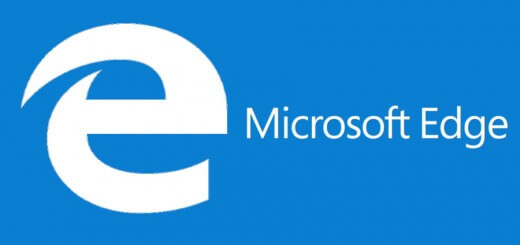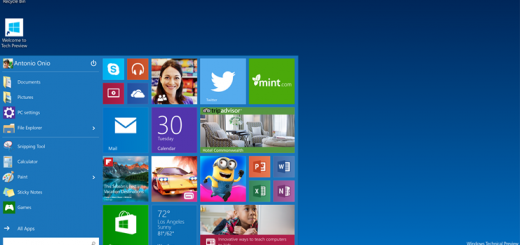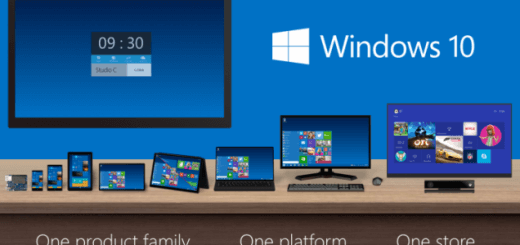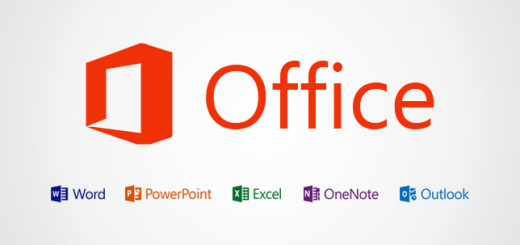Will Microsoft sue the makers of Adblock Plus?

Microsoft, Google, and a group of French publishers are reportedly planning to sue developers of ad-blocking software because it has been a bit too effective and popular.
Adblock Plus, a simple add-on to Chrome and Firefox, has about 144 million active users, up 69% in a year, according to a September report from software publisher Adobe and PageFair, a company that helps publishers see which ads are being blocked. It’s detailed in a report (PDF) that discusses “How Adblock Plus is changing the Web.”
There are other ad blockers, and according to the Adobe/PageFair report, 54% of male survey respondents said they use some kind of ad blockers. There was no mention of female users.
Since many sites depend on ads for revenue, those missing out on the advertising dollars aren’t happy about this. The online version of French newspaper L’Equipe, one of the companies that could file a suit against Adblock Plus and other developers, will not let anyone access its site at all if they have Adblock Plus installed.
“This is no small matter; it affects all publishers. Our members have lost an estimated 20-40% of their advertising revenue,” Laure de Lataillade, CEO of GESTE, an association of web publishers in gaming, media, music and other domains, told AFP.
Microsoft’s involvement is not much of a surprise. It has some big online sites, like MSN and Bing, and it provides ads to other sites through Bing. The Adobe/PageFair report says Microsoft’s Internet Explorer only accounts for 4% of the ad blocking, with Chrome at 63% and Firefox at 26%. Much of that is due to the fact that IE doesn’t have an add-on market like Chrome and Firefox.
Microsoft declined to comment. Normally they offer up some kind of canned quote, but not this time. I’m reluctant to read too much into this, mostly because I’d hate to think it’s come to this conclusion. But if the CESTE CEO comments are indeed true, they have a legitimate gripe. I just have no idea what the law is on this subject.
Via NetworkWorld







